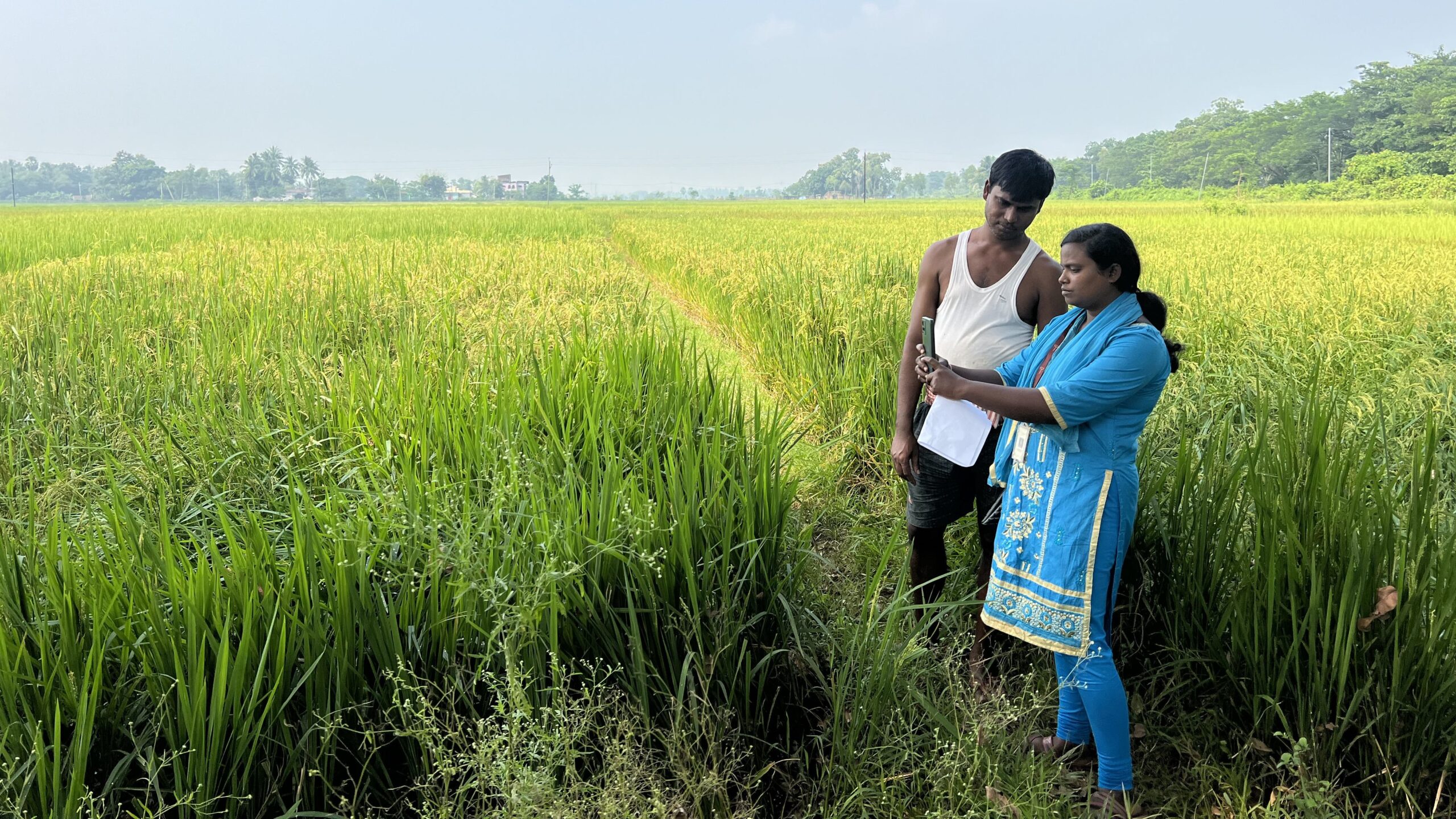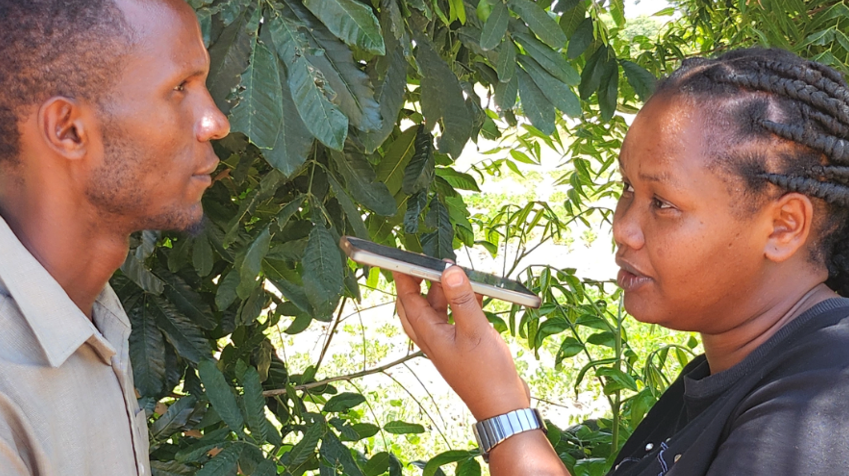This year’s World Day to Combat Desertification and Drought is addressing “Combating land degradation for sustainable agriculture.” Sponsored by the United Nations Convention to Combat Desertification (UNCCD), the decision to focus on agriculture is particularly timely due to the rise in global food prices, and the impact this is having on the world’s poor farmers.
Although IFPRI has long studied land degradation, the problem is being further exacerbated by variables such as climate change and the desire to generate ever-higher yields. A recent IFPRI Discussion Paper examined the factors that influence crop yields and farmers’ use of inorganic fertilizer in Niger, with a call to further assess the relationship with land degradation. Land degradation is also a serious concern in the East African highlands, and a 2006 IFPRI book takes a look at strategies for sustainable land management in the region, based on materials from a related conference.
For more information, visit IFPRI’s Land Resource Management webpage. To learn more about UNCCD, visit http://www.unccd.int/main.php







